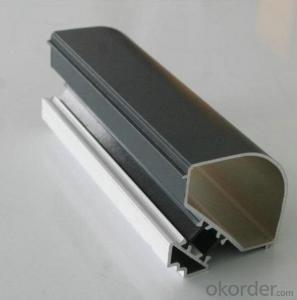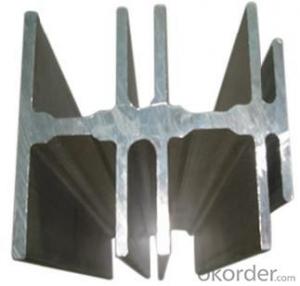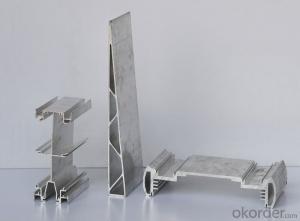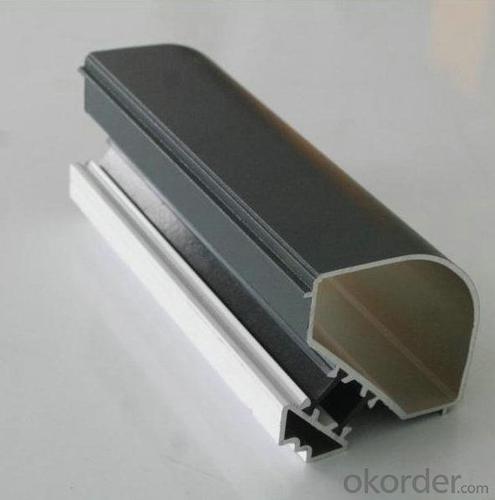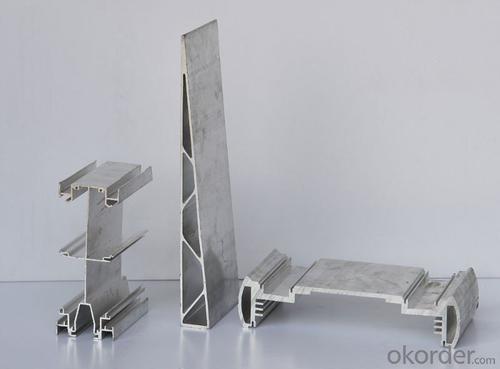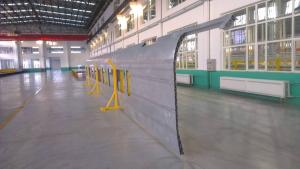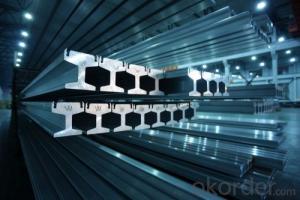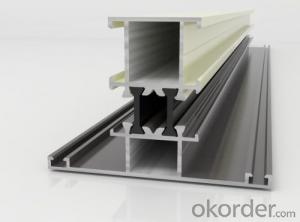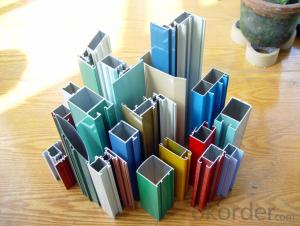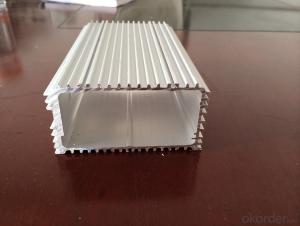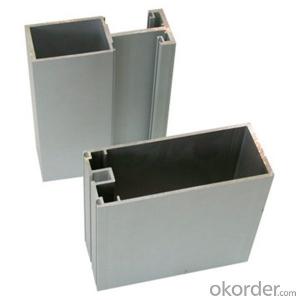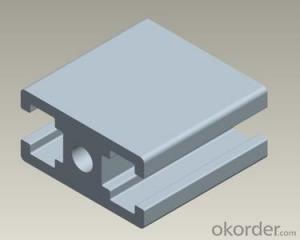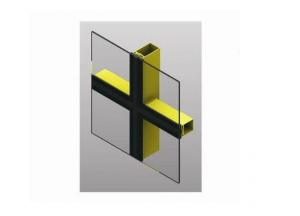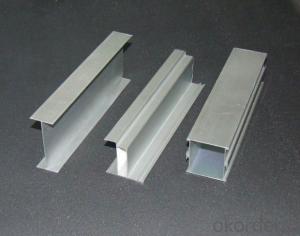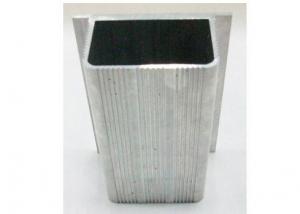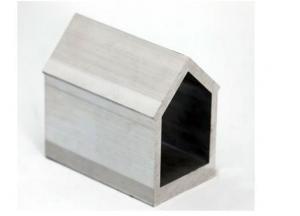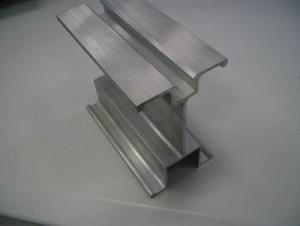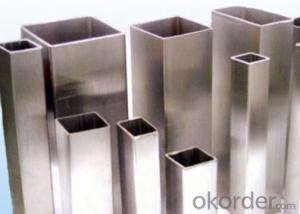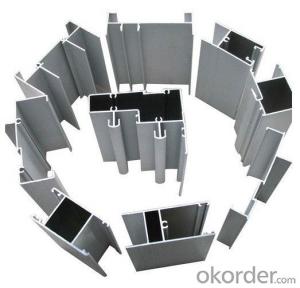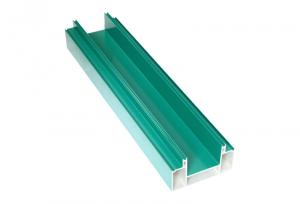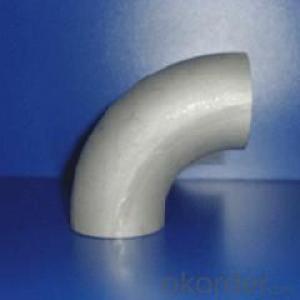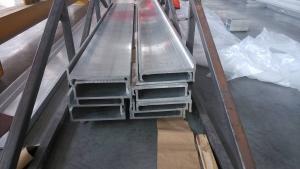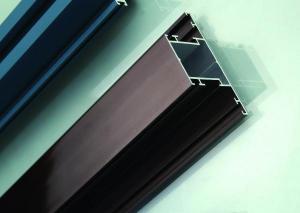Customized Schuco Aluminum Extrusion Profile
- Loading Port:
- China Main Port
- Payment Terms:
- TT OR LC
- Min Order Qty:
- -
- Supply Capability:
- -
OKorder Service Pledge
Quality Product, Order Online Tracking, Timely Delivery
OKorder Financial Service
Credit Rating, Credit Services, Credit Purchasing
You Might Also Like
Material | Alloy 6063,6061,6005or according to customer’s choice |
Temper | T3, T4, T5, T6 |
Surface | Anodize, electrophoresis, powder coating, PVDF coating, wood grain painting, matted, etc. |
Color | Any colour based on Standard Germany RAL Mark |
Length | Coating 6.5 meters, Anodizing 6.5 meters, Mill finish 5 meters |
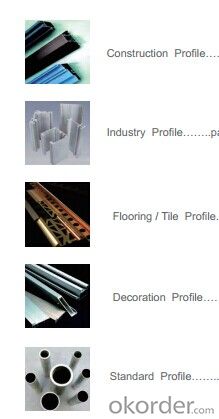
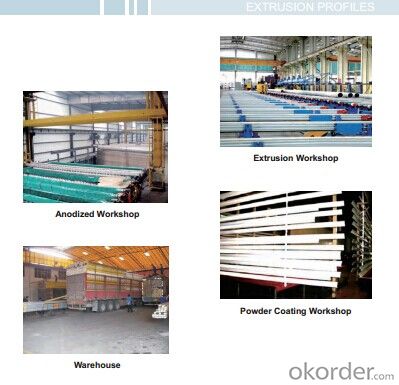
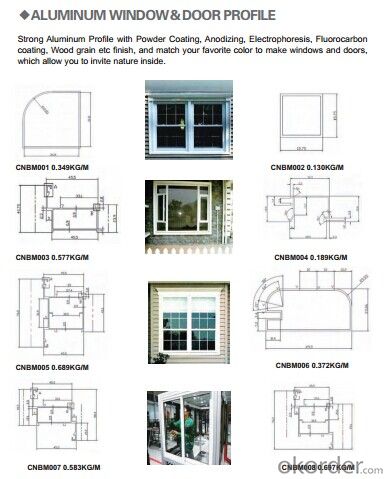
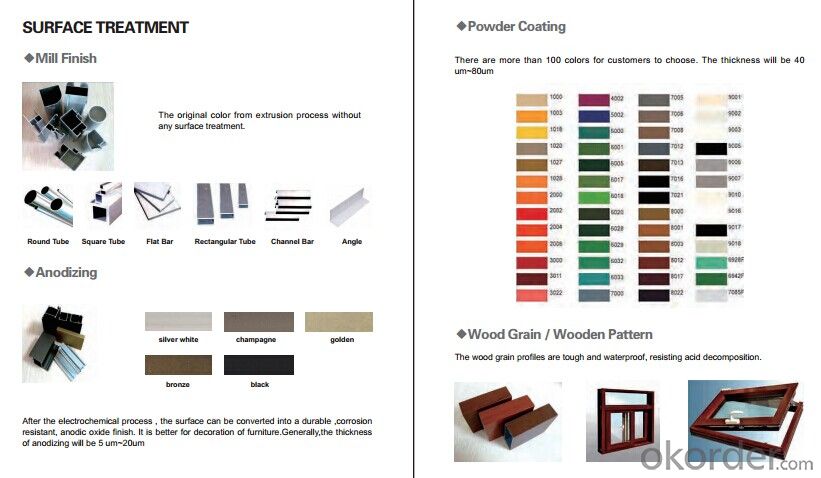
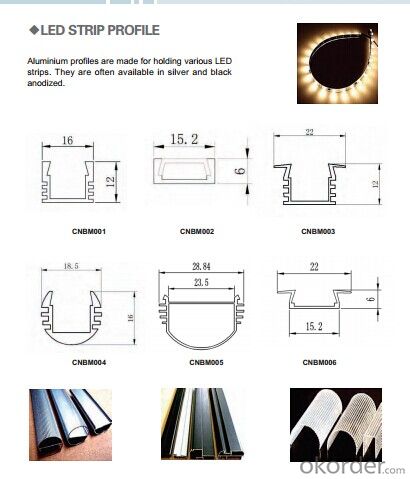
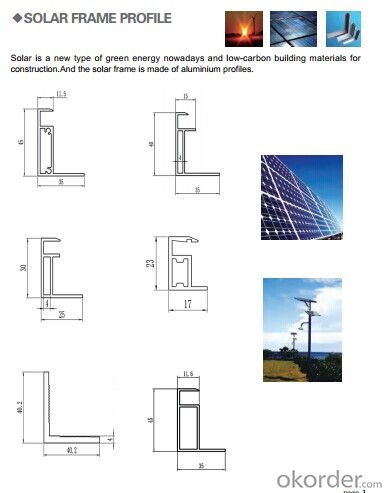
- Q: Are aluminum profiles suitable for use in pharmaceutical manufacturing?
- Pharmaceutical manufacturing can benefit greatly from the use of aluminum profiles. These profiles offer a range of advantages in the industry due to the versatile and lightweight nature of aluminum. One crucial advantage is the corrosion resistance of aluminum profiles, which is of utmost importance in pharmaceutical manufacturing where cleanliness and hygiene are vital. Aluminum does not rust or deteriorate when exposed to moisture, making it an ideal material for cleanrooms and sterile environments. Furthermore, aluminum profiles are easy to clean and maintain, maintaining their structural integrity even after rigorous cleaning processes such as sterilization and disinfection. This ensures that the pharmaceutical manufacturing equipment remains in a pristine and contamination-free condition. Customization is another key benefit of aluminum profiles in pharmaceutical manufacturing. These profiles can be easily fabricated into various shapes and sizes, allowing for the creation of complex structures and machinery. This flexibility makes aluminum profiles an excellent choice for designing precise pharmaceutical equipment, including conveyor systems, processing machinery, and packaging equipment. Additionally, aluminum profiles possess excellent thermal conductivity, which is advantageous in pharmaceutical manufacturing processes that involve temperature control. Freeze-drying, sterilization, and granulation, for example, can benefit from efficient heat transfer provided by aluminum profiles. This ensures that pharmaceutical products are processed and stored at the desired temperature. Lastly, aluminum is a sustainable and environmentally friendly material. It is 100% recyclable, reducing the carbon footprint associated with pharmaceutical manufacturing. The ability to reuse and repurpose aluminum profiles contributes to a circular economy and minimizes waste generation. In conclusion, aluminum profiles are highly suitable for pharmaceutical manufacturing. Their corrosion resistance, ease of cleaning, customization options, thermal conductivity, and sustainability make them an excellent choice for designing and fabricating pharmaceutical equipment and machinery.
- Q: Aluminum profile connecting piece
- Very little to buy this alone, and only with industrial aluminum suppliers. - selling on Taobao is also a way if the price is appropriate.
- Q: Can aluminum profiles be used for greenhouse construction?
- Yes, aluminum profiles can be used for greenhouse construction. Aluminum is a popular choice for greenhouse frames due to its durability, lightweight nature, and resistance to corrosion. It is also easy to work with, allowing for flexibility in design and construction. Aluminum profiles provide a strong and stable structure that can withstand harsh weather conditions and provide long-term support for the greenhouse covering materials. Additionally, aluminum frames require minimal maintenance and have a longer lifespan compared to other materials, making them a cost-effective option for greenhouse construction.
- Q: How do aluminum profiles perform in terms of weather resistance?
- Aluminum profiles exhibit remarkable weather resistance due to the unique qualities of aluminum itself, such as its resistance to corrosion and ability to endure harsh environmental conditions. To enhance their weather resistance, aluminum profiles are typically coated or anodized, providing long-lasting durability and protection against different weather elements. The corrosion resistance of aluminum is especially advantageous for outdoor applications. When exposed to oxygen, aluminum naturally forms an oxide layer, serving as a protective barrier against rust and deterioration. Consequently, aluminum profiles are highly resistant to moisture, rain, and humidity, making them suitable for use in coastal areas or regions with high levels of precipitation. Moreover, aluminum profiles also possess resistance against UV radiation. The application of surface treatments, such as powder coating or anodizing, adds an extra layer of defense against the sun's harsh rays. Consequently, aluminum profiles do not fade, chip, or crack when exposed to prolonged sunlight, ensuring their original appearance and structural integrity are preserved over time. Concerning extreme weather conditions, aluminum profiles are specifically designed to withstand high winds, extreme temperatures, and even severe storms. They possess excellent mechanical properties, including high strength and stiffness, enabling them to bear heavy loads and resist deformation. As a result, aluminum profiles are ideal for applications in construction, architecture, and outdoor infrastructure projects where weather resistance is of utmost importance. In conclusion, aluminum profiles exhibit exceptional weather resistance. Their inherent corrosion resistance, combined with the availability of various surface treatments, ensures their ability to endure a wide range of weather conditions while maintaining their structural integrity and aesthetic appeal.
- Q: Are aluminum profiles suitable for use in medical device manufacturing?
- Yes, aluminum profiles are suitable for use in medical device manufacturing. Aluminum is a widely used material in various industries, including medical device manufacturing, due to its excellent properties. Firstly, aluminum profiles are lightweight yet strong, making them ideal for medical devices that require both durability and portability. The lightweight nature of aluminum profiles allows for easier handling and reduces the overall weight of the medical equipment, which can be beneficial for healthcare professionals and patients. Secondly, aluminum is corrosion-resistant, which is crucial in medical device manufacturing. Medical devices often come into contact with liquids, chemicals, and bodily fluids, which can lead to corrosion and degradation over time. However, aluminum profiles have excellent resistance to corrosion, ensuring the longevity and reliability of the medical devices. Additionally, aluminum profiles can be easily formed into complex shapes and designs, allowing for customization and versatility in medical device manufacturing. This flexibility in design enables the production of devices that meet specific requirements, ensuring the best possible functionality and usability for medical professionals and patients. Furthermore, aluminum is non-toxic and non-magnetic, making it suitable for medical applications where these properties are essential. Aluminum profiles do not pose any health risks or interfere with magnetic resonance imaging (MRI) or other sensitive medical procedures. In conclusion, aluminum profiles are highly suitable for use in medical device manufacturing due to their lightweight, corrosion-resistant, customizable, non-toxic, and non-magnetic properties. These factors contribute to the production of high-quality, durable, and safe medical devices that meet the demanding needs of the healthcare industry.
- Q: This question asks for a list of various fastening methods used to connect aluminum profiles to the structural frames of buildings.
- <p>There are several types of fasteners used to attach aluminum profiles to building frames, including: 1) Bolts and Nuts: Commonly used for strong, secure connections. 2) Rivets: Provide a permanent connection that is resistant to vibration. 3) Self-Tapping Screws: Can be used in materials without pre-drilling. 4) Structural Glue: Offers a strong bond and is often used in combination with mechanical fasteners. 5) Welding: Used for permanent, load-bearing connections, though not common for aluminum due to the risk of thermal distortion. 6) Clamps and Brackets: Used for temporary or adjustable connections. 7) Adhesive Tapes: Provide a quick and easy method of attachment, though not as strong as other methods. Each type of fastener has its own advantages and is chosen based on the specific requirements of the construction project.</p>
- Q: What are the different powder coating options for aluminum profiles?
- There are several powder coating options available for aluminum profiles, including polyester, epoxy, polyurethane, and hybrid powder coatings. Each option offers unique characteristics and benefits, such as durability, corrosion resistance, color retention, and weather resistance. The choice of powder coating depends on the specific requirements and intended use of the aluminum profiles.
- Q: Can aluminum profiles be used for furniture?
- Indeed, furniture can indeed be constructed using aluminum profiles. Aluminum, a flexible and light material, is often employed in furniture manufacturing. It presents numerous benefits, including resistance to corrosion, durability, and easy maintenance. It is possible to create various furniture pieces, such as tables, chairs, shelves, and cabinets, using aluminum profiles. These profiles can be conveniently customized and molded to adhere to specific design specifications. Moreover, they can be powder-coated or anodized to offer a decorative and enduring surface. All things considered, aluminum profiles are widely favored for furniture due to their robustness, adaptability, and visual charm.
- Q: Can aluminum profiles be customized?
- Yes, aluminum profiles can be customized. Aluminum is a versatile material that can be easily shaped and modified to meet specific requirements. Customization of aluminum profiles can include various processes such as cutting, drilling, bending, welding, and surface treatments like anodizing or powder coating. These customization options allow for the creation of unique shapes, sizes, and finishes to suit specific applications and design needs. Whether it is for architectural, industrial, or decorative purposes, aluminum profiles can be tailored to meet individual specifications, making them a popular choice in various industries.
- Q: This question asks for guidance on selecting suitable aluminum profiles for a construction project.
- <p>To choose the right aluminum profiles for your building project, consider the following: 1. Load-bearing capacity: Select profiles that can withstand the weight and stress of your structure. 2. Application: Choose profiles suitable for the specific application, such as window frames, curtain walls, or support beams. 3. Aesthetics: Opt for profiles that match your project's design and architectural style. 4. Durability: Look for high-quality aluminum with good corrosion resistance and weather resistance. 5. Cost: Compare prices and choose profiles that offer the best value for money. 6. Supplier reputation: Work with reputable suppliers known for quality products and reliable service. Consult with engineers or architects to ensure you select the most appropriate profiles for your project's needs.</p>
Send your message to us
Customized Schuco Aluminum Extrusion Profile
- Loading Port:
- China Main Port
- Payment Terms:
- TT OR LC
- Min Order Qty:
- -
- Supply Capability:
- -
OKorder Service Pledge
Quality Product, Order Online Tracking, Timely Delivery
OKorder Financial Service
Credit Rating, Credit Services, Credit Purchasing
Similar products
Hot products
Hot Searches
Related keywords
